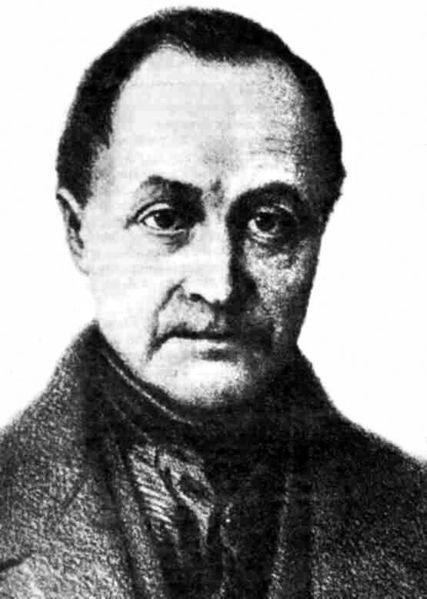Karl Mannheim was an influential Hungarian sociologist during the first half of the 20th century. He is a key figure in classical sociology, as well as one of the founders of the sociology of knowledge. Mannheim is best known for his book Ideology and Utopia (1929/1936), in which he distinguishes between partial and total ideologies, the latter representing comprehensive worldviews distinctive to particular social groups, and also between ideologies that provide support for existing social arrangements, and utopias, which look to the future and propose a transformation of society.
Karl Mannheim
Monument to Karl Mannheim in Golders Green Columbarium, part of Golders Green Crematorium
Sociology is the scientific and systematic study of human society that focuses on society, human social behavior, patterns of social relationships, social interaction, and aspects of culture associated with everyday life. Regarded as a part of both the social sciences and humanities, sociology uses various methods of empirical investigation and critical analysis to develop a body of knowledge about social order and social change. Sociological subject matter ranges from micro-level analyses of individual interaction and agency to macro-level analyses of social systems and social structure. Applied sociological research may be applied directly to social policy and welfare, whereas theoretical approaches may focus on the understanding of social processes and phenomenological method.
Ibn Khaldun statue in Tunis, Tunisia (1332–1406)
Auguste Comte (1798–1857)
Karl Marx (1818–1883)
Émile Durkheim






